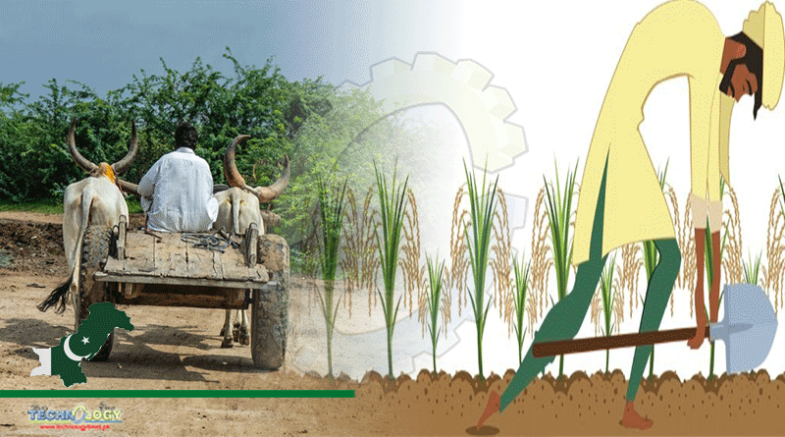Pakistan’s government is failing to protect its farmers from pricing problems and risking its economic security in the process, recent survey.

Pakistan’s government is failing to protect its farmers from pricing problems and risking its economic security in the process, Rehan Saeed and Sumeera Asghar Roy write.
A recent survey conducted by the World Food Programme suggests that 36.9 per cent of Pakistan’s total population is experiencing food insecurity. Close to 82 per cent of children in the country have been deprived of a meal when they need one, and Pakistan has the second-highest rate of malnutrition in the region. Approximately 18 per cent of children under the age of five suffer from acute malnutrition and 40 per cent of children in the same age group suffer from stunted growth.
This means that so far, Pakistan has failed to implement the policies necessary to achieve the Sustainable Development Goals (SDGs), one of which is the eradication of hunger in the world. To reach this goal, Pakistan needs good governance and strong leadership, both of which it is currently lacking.
Governance has always been a critical issue for Pakistan, where poor decision-making and lack of expertise have been the norm over many decades. Ineffective governance affects nearly every government institution and private industry in Pakistan, whether it be directly or indirectly, creating inefficiencies and economic losses that have hurt ordinary people.
Agriculture is no exception. It seems no matter what the government tries to implement, it is destined to perform poorly. A fall in agriculture’s proportional contribution to the country’s economic tells the story of how these failures have impacted the sector itself, and poor governance in agriculture also has spill-over effects for other sectors.
So what should the government do? The basic goal of good governance in agriculture is to increase productivity, introduce innovative methods through research and development, and meet the challenges of overpopulation.
In a rapidly evolving techonological environment, more work is needed from the government to introduce new technology, both in agriculture and the public sector more broadly. If the government subsidises technological upgrades, farmers may reap the fruits of technology at more reasonable rates, producing food more productively and growing the sector.
Yet, it seems that governments in Pakistan aren’t interested in the introduction of new technologies to the agriculture sector.
On top of this inaction, the government has overseen clear bunglings. Several times in recent years, sugarcane mills in Sindh and Punjab have faced a situation where the government’s mandated sugar prices were set incorrectly, and so have been forced to illegally buy cane below the set rate in order to commence crushing and save businesses, alienating sugar growers in the process.
Originally published at Policy Forum
